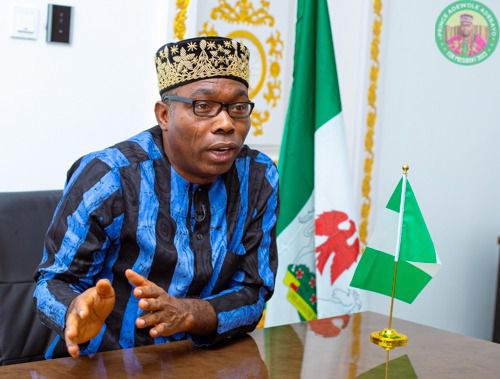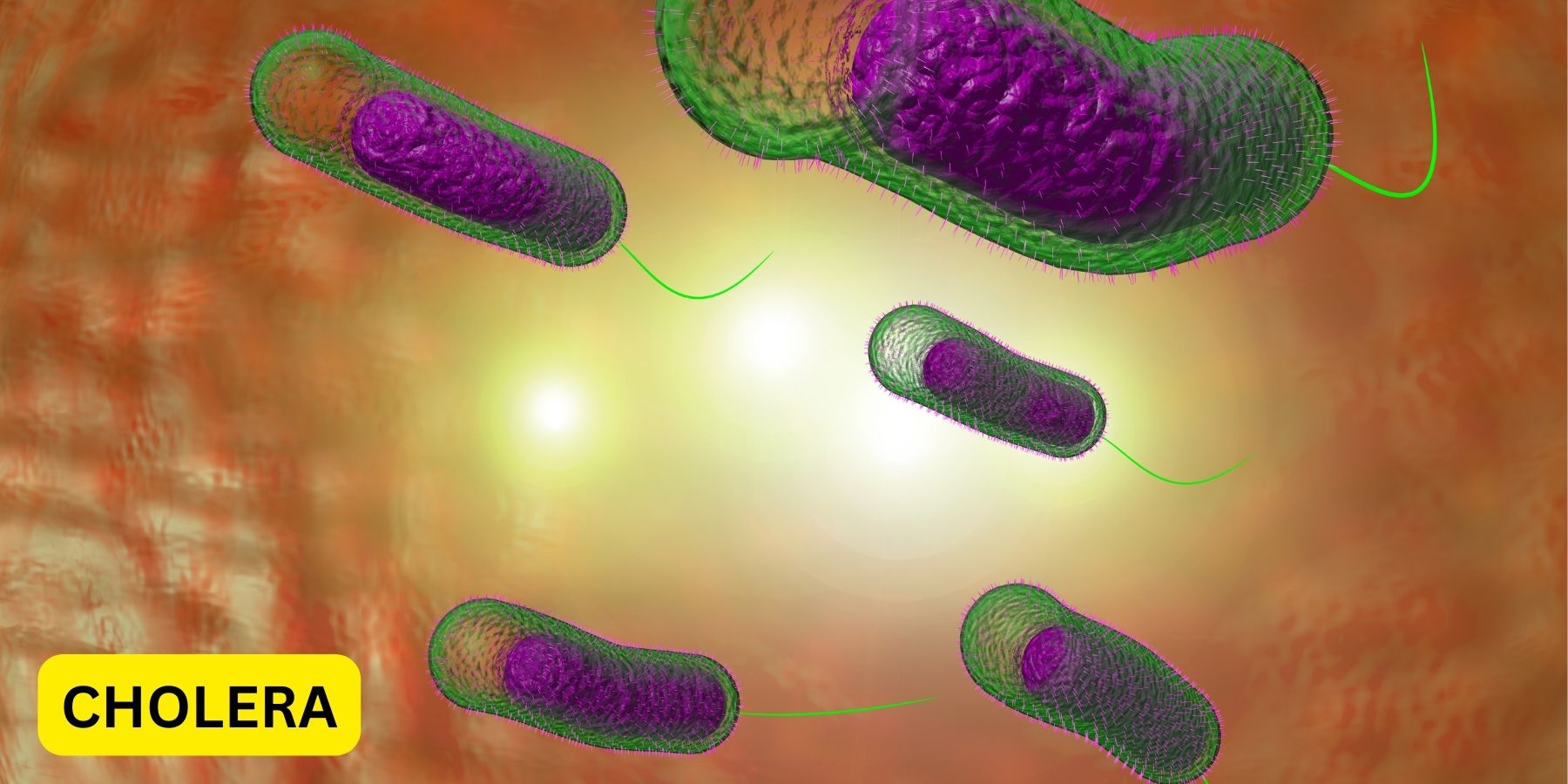
In a bold move to advance women’s health awareness, Access Bank has partnered with renowned media personality Stephanie Coker to amplify her groundbreaking documentary “Where the Heck is My Period?” as part of its ongoing commitment to supporting women’s health and reproductive education.
The documentary, which highlights the struggles of women facing reproductive health issues such as endometriosis, fibroids, and polycystic ovarian syndrome (PCOS), delves deep into the often-silenced pain and stigmatisation associated with these conditions in Nigeria.
The Documentary follows the journey of 11 African women, who struggle with Polycystic ovarian syndrome. PCOS, a hormonal disorder that can cause irregular periods alongside unwanted physical symptoms, affecting 1 in 10 women of childbearing age worldwide.
Coker said the aim of the documentary experience is to serve as a catalyst for the project, resonating with millions of women who are frequently left to navigate their health concerns in isolation.
Access Bank’s collaboration aims to address the wider systemic gaps in healthcare for women, providing a platform for open dialogue and access to resources. Speaking on the partnership, Abiodun Olubitan, Group Head, Women Banking, Access Bank Plc said, women’s health is a critical part of the wellbeing of the nation, and of much concern to the bank. She explained that by supporting the documentary, the bank is contributing to a conversation that encourages women to seek help, breaks down harmful taboos, and empowers women to take charge of their health.
DAILY INDEPENDENT gathered that the initiative is part of Access Bank’s broader “W Initiative”, a program designed to cater to the needs of women through financial, health, and educational support. As part of the project, the bank plans to fund health screenings, organise reproductive health seminars, and support medical interventions for women diagnosed with conditions like endometriosis and fibroids.
Also, the documentary was made not just to tell my story but to create a safe space for women who are going through similar experiences, and it is against the backdrop that Access Bank is supporting the mission to educate and empower women, ensuring that they have access to the care and support they need.
By aligning with Coker’s documentary, Access Bank is positioning itself as a leading advocate for women’s health in Nigeria, demonstrating its commitment to corporate social responsibility in a way that could potentially shape public health policy and improve access to reproductive health services.
According to Olubitan, the documentary and accompanying health initiatives are set to roll out across the country, with plans for community outreach programs that will engage local governments, healthcare providers, and NGOs. Access Bank’s involvement further cements its role as a key player in driving social change, particularly in areas concerning women’s empowerment and health.
One of the central themes of the documentary is the lack of open conversation around menstruation and reproductive health in Nigerian society, which often results in delayed diagnosis and treatment of conditions like PCOS and endometriosis. As part of the initiative, Access Bank also aims to break down the taboos associated with the health challenge.
On ground to enlighten the women throughout the event is Dr. Opeyemi Oladunjoye, Chief Operating Officer, Finnih Medical Centre. She explained that “Polycystic ovary syndrome (PCOS) is a set of symptoms caused by a problem with a woman’s hormones. It affects the ovaries. These are the small organs that store a woman’s eggs. But it can also affect the rest of the body. PCOS is a very common condition in women of childbearing age”. She explained that symptoms of PCOS cut across irregular periods or no periods at all, difficulty getting pregnant as a result of irregular ovulation or no ovulation. Also symptomatic of PCOS are excessive hair growth (hirsutism), usually on the face, chest, back or buttocks, weight gain, thinning hair and hair loss from the head and oily skin or acne.
Through this partnership, Access Bank continues to build on its reputation for supporting impactful social causes, leveraging its extensive platform to address critical health issues affecting women across Nigeria.
As the documentary gains wider recognition and more women share their stories, Access Bank’s initiative is poised to create lasting changes in the perception and treatment of women’s reproductive health issues, empowering women with the information, resources, and care they need to live healthier, fuller lives.
.png)
 2 hours ago
13
2 hours ago
13









 English (US) ·
English (US) ·